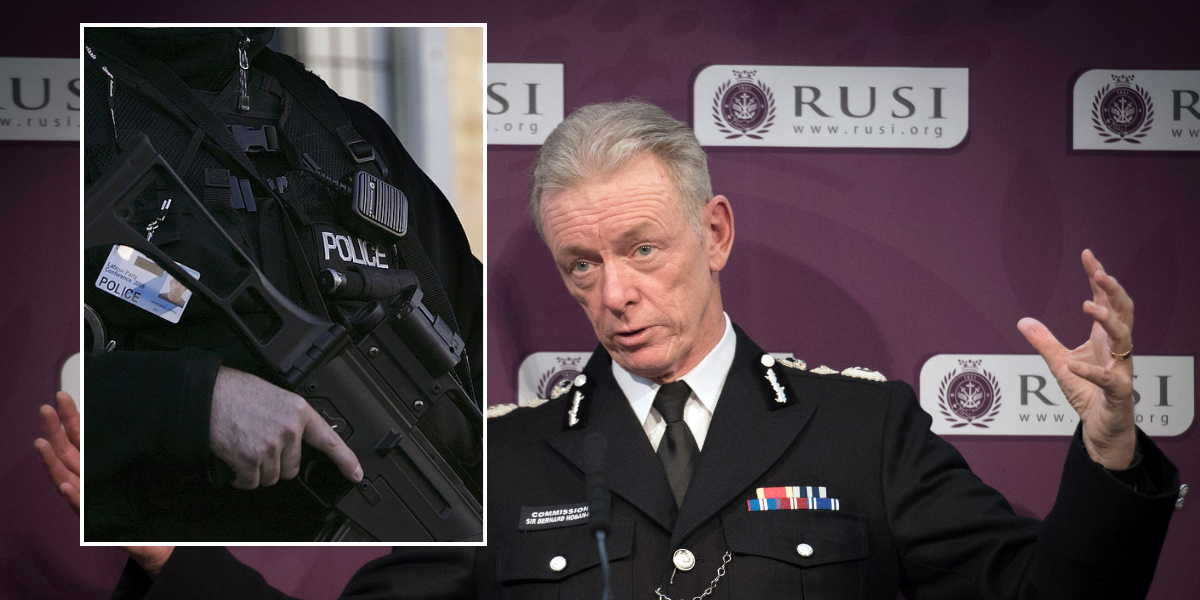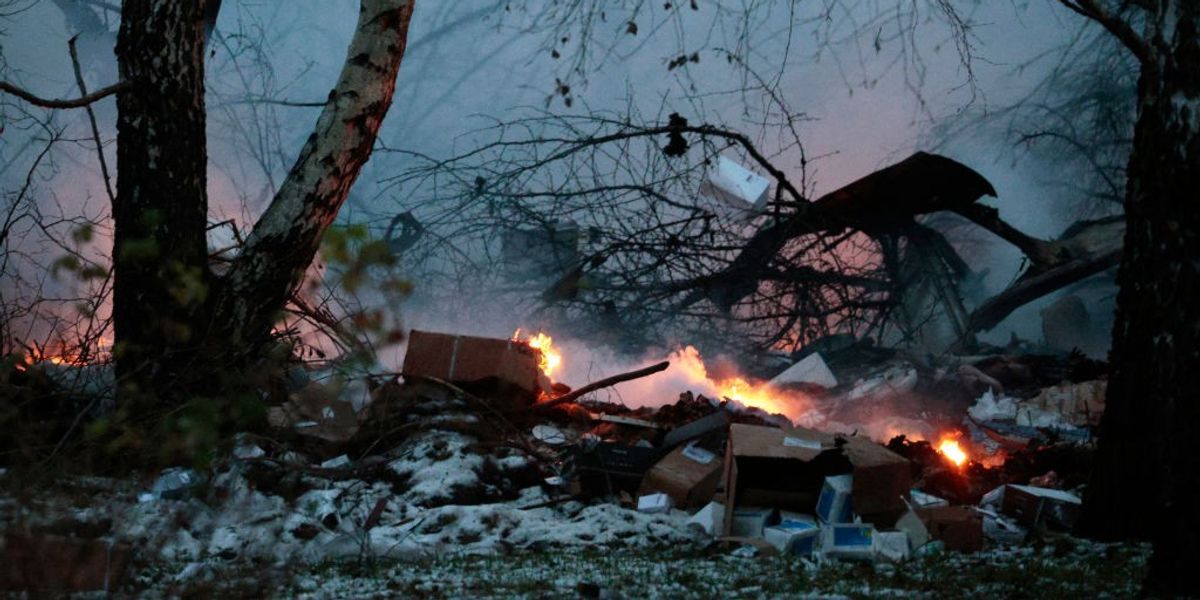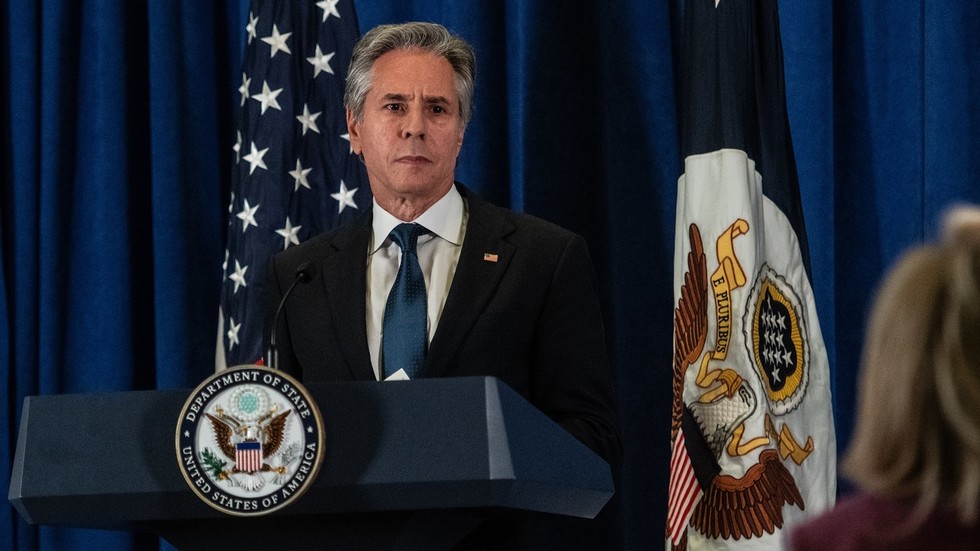This year, the Telegraph is honouring the life and work of our colleague David Knowles, co-host of the award-winning podcast Ukraine: The Latest, by working with Humanity & Inclusion, a charity helping the ill, vulnerable and disabled left behind in Ukraine’s warzones. Here we talk to Antonina Telytsia who had to care for her sick child in besieged Mariupol
Before Russia’s full-scale invasion of Ukraine, life was peaceful in Mariupol. I was a teacher, and my husband and I had a comfortable life with our two daughters. We were busy, but we were happy. Our industrial city had been undergoing a lot of development – it had become nice, cosy, something very close to a small European town.
In late 2021, my youngest, Varvara was diagnosed with a congenital heart condition: partial anomalous pulmonary venous drainage, or PAPVD. I had always wondered about her health because she caught viruses and colds very easily. The doctors said she needed to go to Kyiv for heart surgery in the spring, but in February 2022, Russian troops crossed the border and everything changed.
If I look back in time now, my memory is very patchy because of the stress. Our family lived almost in the city centre and, at first, people tried to live their normal lives and the shops were still open. We didn’t imagine it would get so much worse within a few days. The eastern suburbs were already being hit with missiles and shells, but the first time the centre was hit things deteriorated quickly. We soon lost the electricity, water and gas.
It was very scary for us, I had never faced a situation like this before. The next day, our neighbour knocked and told us to come outside, where people had started cooking on open fires. It was extremely cold. We had potatoes to boil, we even made traditional Ukrainian borscht, but it was not very pleasant.
The supplies soon started to run out and the shelling began to get closer. The first people in our neighbourhood got killed because they were cooking outside and after that we cooked on the balcony of our sixth-floor apartment over a fire in an iron bucket. Our residential block had a basement but it was in a poor condition and full of displaced people from the city’s suburbs, where the fighting and shelling was much worse. We hid from attacks in our flat and could hear and feel the explosions – it was hard to sleep at night as the shelling was worse.
One time, a missile hit 10 metres from us, and another time the apartment opposite ours was damaged and caught fire. There were no longer any emergency services so the people who lived there tried to put it out themselves. We could often smell buildings burning.
Because Varvara, 7, was so vulnerable to illnesses she got a terrible cough. I was lucky because I had a box of antibiotics at home and I treated her myself. I don’t know what would have happened to her without it – maybe pneumonia. It was so stressful to know your sick child needs urgent medical care but there is nowhere to buy medicine and the hospitals would not be able to do anything.
I tried to always stay busy, I couldn’t cry. I’m not much of a fighter in normal life, but I understood that I had to do everything possible to survive. The children didn’t cry or panic either, I think they were very tense and I tried not to frighten them.
By mid-March we had to get out of Mariupol because of Varvara’s health. We knew the roads were not safe and had planned to go to the drama theatre, where we heard that they were organising evacuations, but changed our minds. Before we left, I went to the top of a very tall building to try to get a phone connection and saw huge columns of black smoke all across the city. As we drove there were fumes everywhere and a terrible smell. The drama theatre had been hit with a huge bomb that day, and other parts of the city were also hit, but we didn’t know at the time because we had no phone or internet. I feel like God protected us.
The roads out were packed with people and it took us 11 hours to drive the 12 miles to the next settlement. It was so cold and crowded – there were six of us, two cats and a dog – and we were low on petrol, so it was very difficult. I was relieved to leave Mariupol because I was desperate to get help for Varvara, but sad to lose everything we had and for those we left behind.
We had to spend the weekend in Berdyansk under Russian control until we were able to find more fuel, but there were no doctors and Varvara was coughing a lot. We made it eventually to Ukrainian-controlled territory, where I bought more medicine, and then to the Kyiv region to stay with family. I was finally able to get Varvara examined and treated.
A neighbour managed to get a connection and texted us that the day we left our building was hit. I am so glad the children never had to experience that. Now, when there are attacks on Kyiv – where we have resettled – Varvara gets very upset and cries, but she never did in Mariupol. All the stress appears now.
Varvara has had her heart operation and is registered as a child with disability, her condition will always be with her. There is still a lot of stigma against disabilities in Ukraine, but understanding is improving with the war. Because of my experience, I wanted to help others; I got a job as an inclusion technical officer with Humanity & Inclusion (HI). I understand the challenges that people with disabilities face, especially with the war still ongoing, and my role is to ensure that they are included in humanitarian aid efforts.
We try to help people who are vulnerable as well as those with disabilities to make sure no one is left behind. HI consistently supports people in need. The conflict has disrupted social and medical services, especially in the frontline areas. Ukraine has millions of displaced people and a lack of health specialists because many fled the country. There is increased demand on our health services because of the number of people being injured by the ongoing war. This makes life very difficult for people who need regular care, such as those with chronic conditions or disabilities. The support we are providing is vital.
My family is displaced and Mariupol is now under Russian control. Even in Kyiv, there are regular attacks and air raid sirens, but we try to live, not just for us, but for our children. My daughters are now going to art classes, and they love them. I love my work and being able to help people who are in situations like ours, who need medical care and who need to be seen. Yet we can’t plan our lives or anything long term – we don’t want to have our dreams shattered.
People in Ukraine are the same as people anywhere else – we want a peaceful life. We want to go to the cinema or meet friends without risking our personal safety. We want to have healthcare, education and social systems. That’s impossible now because of the war and we need support.
As told to Liz Cookman
Humanity & Inclusion is one of four charities supported by this year’s Telegraph Christmas Charity Appeal. The others are Teenage Cancer Trust, Alzheimer’s Research UK and Army Benevolent Fund. To make a donation, please visit telegraph.co.uk/2024appeal or call 0151 317 5247

 By The Telegraph (World News) | Created at 2024-11-25 06:05:15 | Updated at 2024-11-25 08:42:54
2 hours ago
By The Telegraph (World News) | Created at 2024-11-25 06:05:15 | Updated at 2024-11-25 08:42:54
2 hours ago








